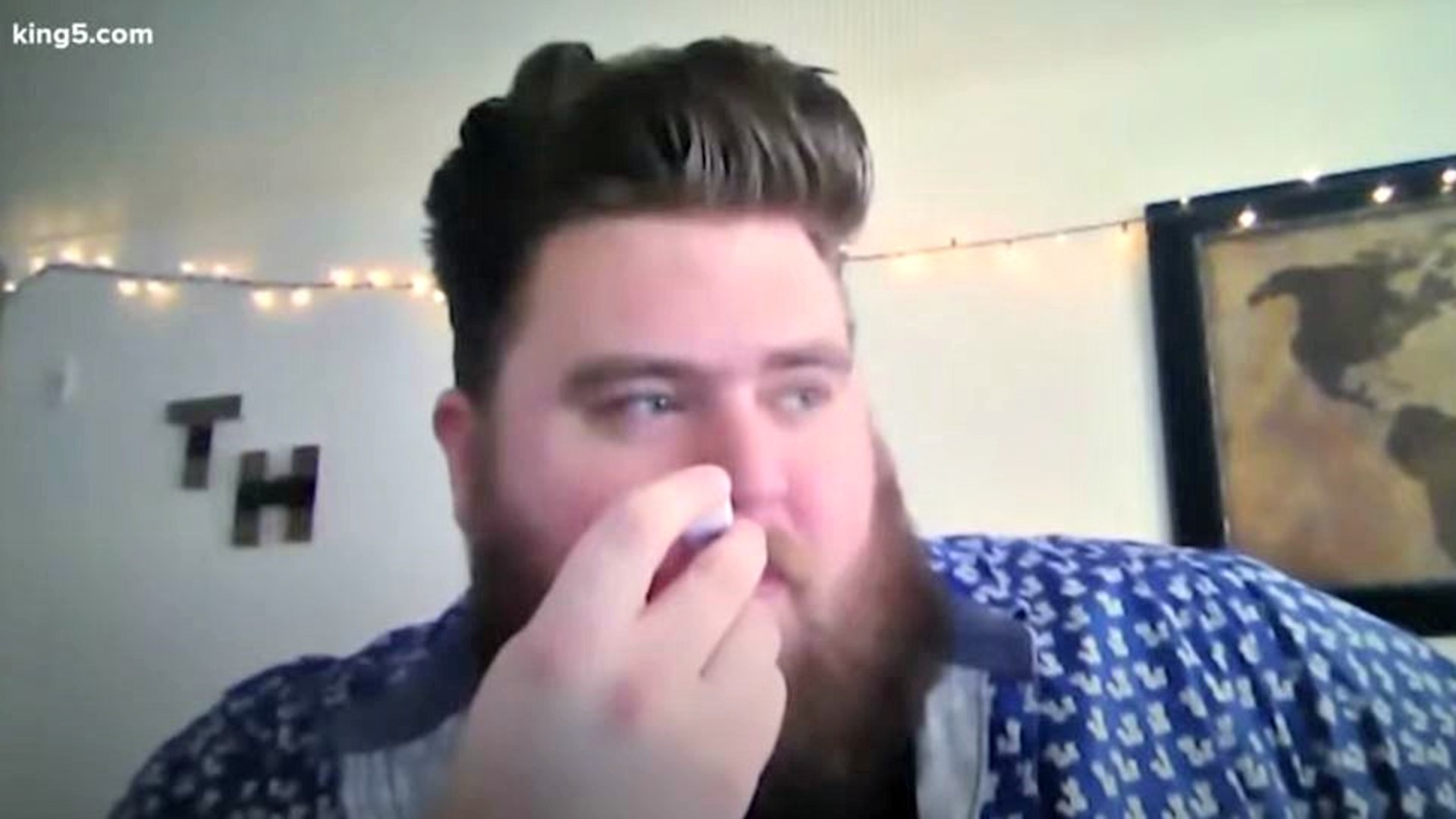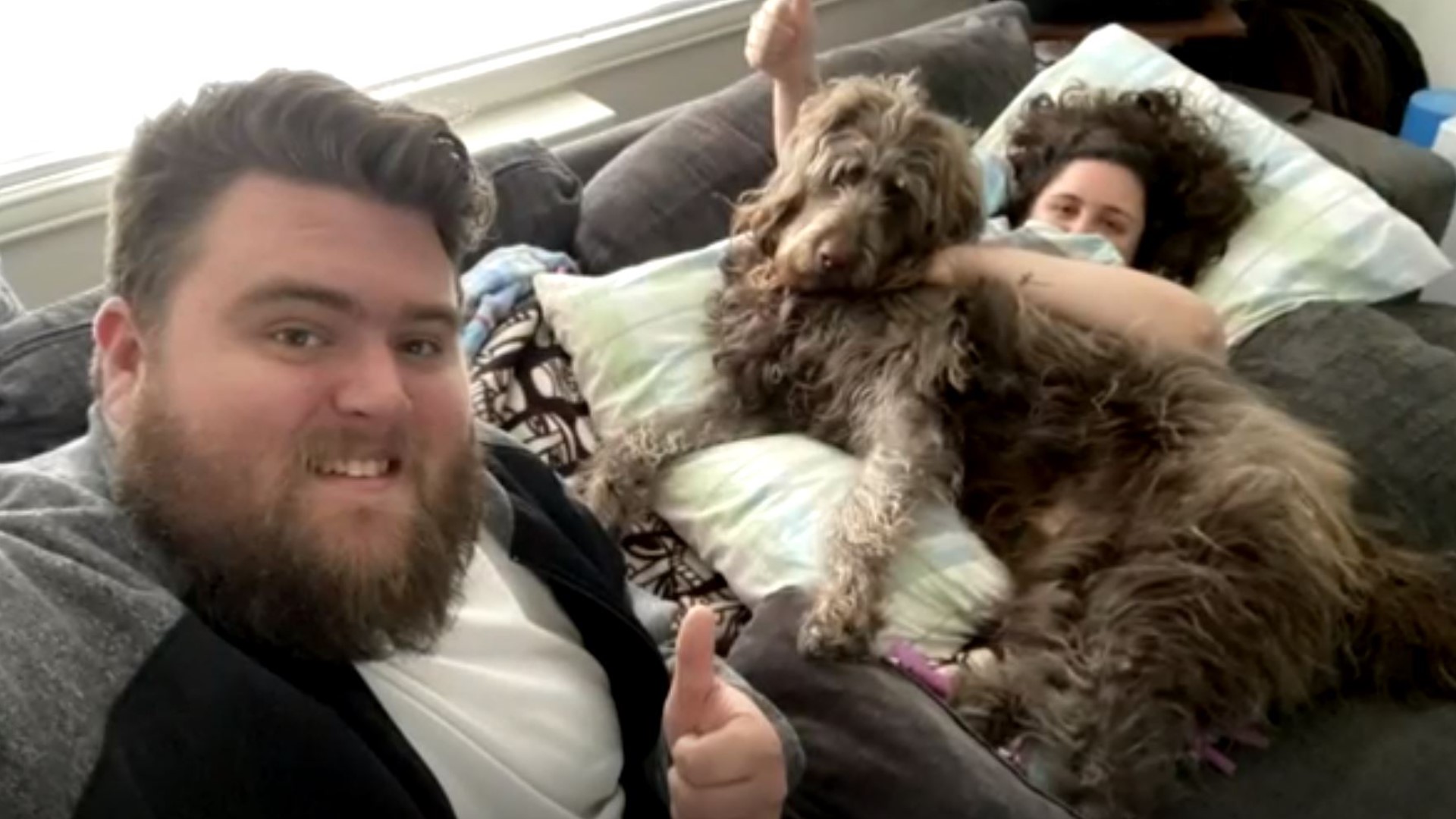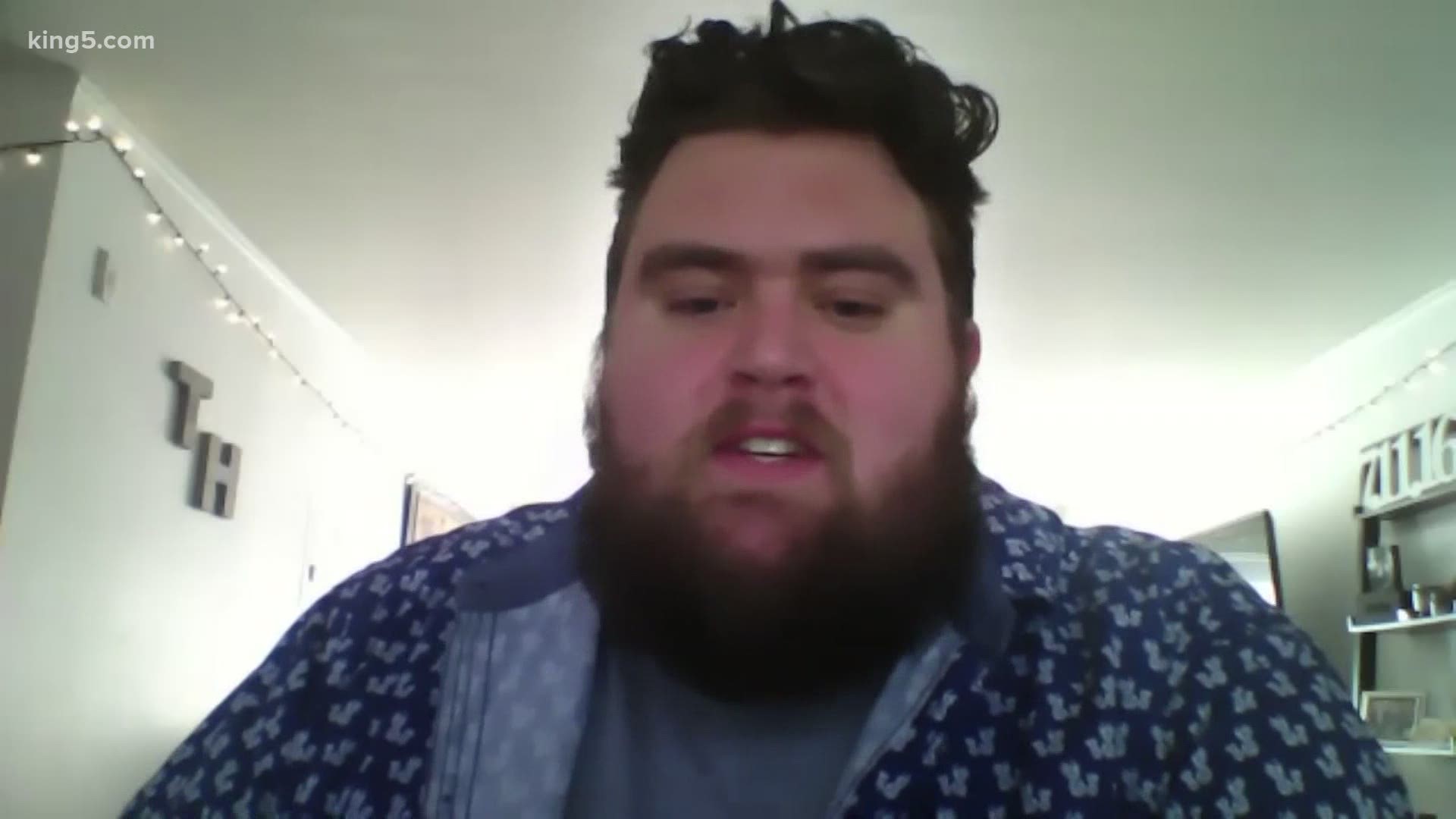A KING 5 photojournalist who had recovered from COVID-19 is now experiencing lingering symptoms, and he's not alone.
On March 25, photojournalist Tim Hahn shared his story after testing positive for coronavirus.
"So, it's been two weeks after I have shown any symptoms, except for three days ago, when I randomly got a fever again, a cough, shortness of breath," said Hahn.
Weeks later, he is experiencing lingering symptoms, days after finally feeling back to normal.
"I was sluggish. You know, when you have a fever, you kind of feel your body is slow. You got some aches that came back and I took my Tylenol. A few hours later, was better," said Hahn.
University of Washington Professor of Medicine Dr. Paul Pottinger says Hahn's experience is not uncommon.
"For some people, it can take quite a bit of time. The immune system has been revved up, people aren't eating right, they're certainly not exercising. They get deconditioned, malnourished, it can really take time for people to recover," said Dr. Pottinger.
The Centers for Disease Control and Prevention says people with COVID-19 can stop isolation after they haven't had a fever for at least 72 hours, if other symptoms have improved, and seven days have passed since symptoms first appeared.
But is that enough?
"What you may see is guidance coming from national and local authorities that might say, in some circumstances, they would want a longer period of time before those people reenter society," said Pottinger.
In the meantime, Hahn is checking his temperature daily, which seems to still go up and down, on top-of self-isolating until doctors learn more about coronavirus.
"I'm going to wait until I get an injection in my arm or something... Because I don't want to, every time I go outside, risk somebody else, somebody else's family member, grandparent catching it," said Hahn.



